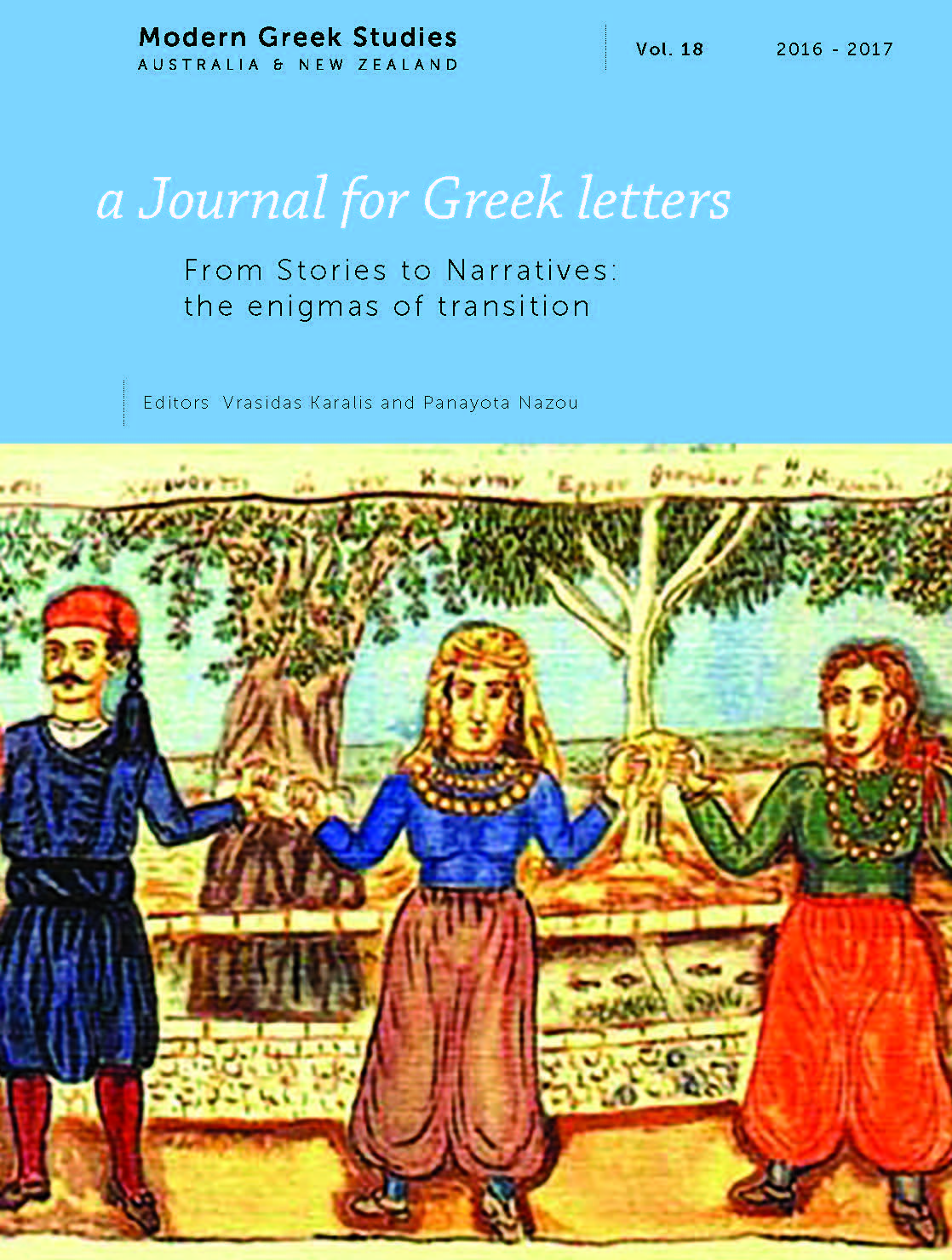Vestigial States: Secular Space and the Churches in Contemporary Australia
Abstract
The legacy of the Enlightenment is increasingly contested in the twenty-first century. Science is a key explanatory authority for technological modernity, but since the mid-twentieth century new religious forms and supernaturally-tinged popular culture (close relatives of religion, but liberated from the traditional and institutional aspects of that phenomenon) have been resurgent. The so-called ‘World Religions’ (the biblical creeds of Judaism, Christianity, and Islam, and the sub-continental dharmic traditions of Hinduism and Buddhism) have resisted the notion that they share a common inheritance with secularism. It is here argued that these ongoing disclaimers are examples of professional boundary maintenance that reveals much about the embattled position of traditional religious institutions within secular modernity, in which popular culture and communications media have radically transformed the climate in which religious affiliation and spiritual identities are negotiated.
